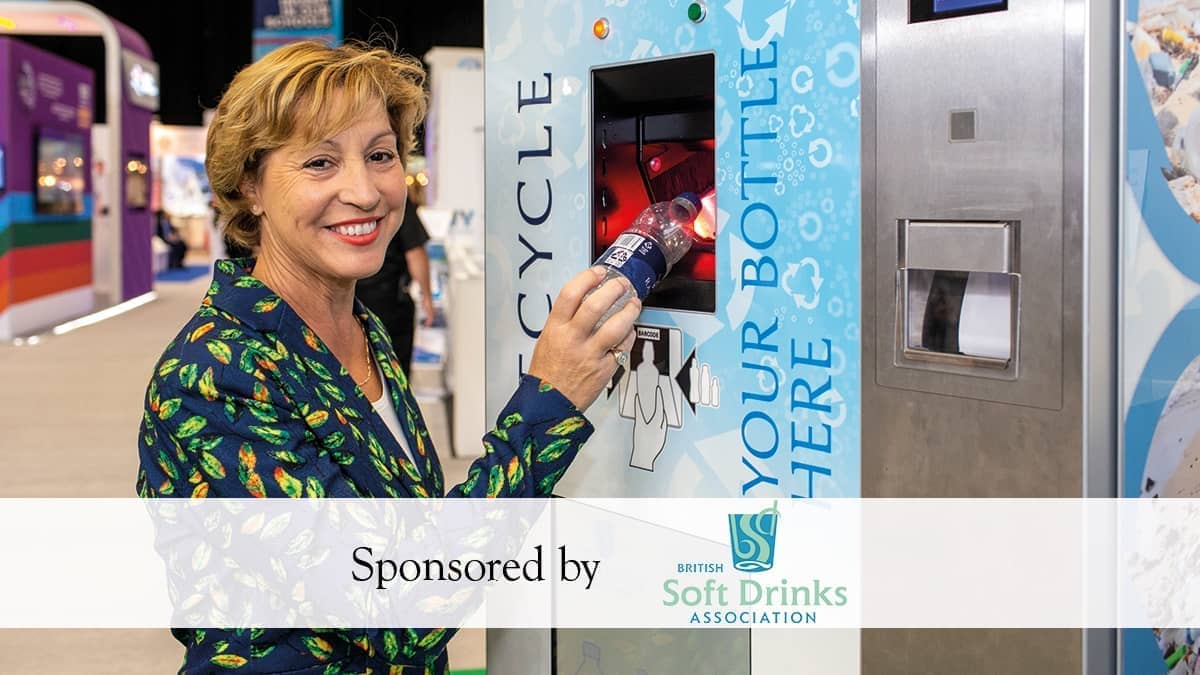The government is launching a deposit return scheme (DRS) for drinks containers, due to go live in England, Wales and Northern Ireland in late 2024. The Scottish government’s own scheme will come into force in Scotland in August next year. While the DRS aims to dramatically increase the proportion of containers returned and recycled, one policy decision in particular threatens to punish consumers and businesses alike for doing the right thing.
The scheme will involve consumers being charged a sum of money as a deposit upfront when they buy a container, to be redeemed when it is returned empty. In Scotland, the deposit fee has been set at 20p.
Through its application of VAT, the government is imposing a stealth tax on its own landmark environmental scheme
As it stands, the government intends to apply VAT to deposits collected as part of the recycling initiative. Factoring in the 28 billion containers on the UK market, an estimated £184.8 million will be lost through unredeemed deposits in the first year alone (based on an 80 per cent return rate) after all schemes go live across the UK. This loss of funds to the scheme represents a risk of price rises for in-scope products, something that is very concerning given that we find ourselves in a cost-of-living crisis.
The government is applying VAT to the deposit on top of the tax already charged on the drink itself. Therefore, if the consumer does not return the drinks container they buy, the producer will only get 17p back instead of the full 20p. The remaining 3p is collected by the government in VAT – at the expense of the scheme. Effectively, through its application of VAT, the government is imposing a stealth tax on its own landmark environmental scheme.
Let’s be clear: the British Soft Drinks Association (BSDA) and its members support the introduction of a DRS, believing it to be the most efficient and effective way to improve the quality of recycled materials and boost the circular economy while increasing recycling levels and reducing waste and littering. We are entirely committed to its success. But if the government isn’t willing to listen to industry experts, perhaps it should heed the wisdom of the electorate. Recent polling of more than 2,000 Britons for the BSDA found that most respondents (64 per cent) think the scheme should not attract VAT – and this was true regardless of party support. Consumers also told us they would be less likely to take part in an environmental initiative if they thought it was being used to raise taxes (68 per cent). And an overwhelming majority (77 per cent) agreed that the government should not profit from an environmental initiative.
Penalising consumers and producers for recycling through an initiative designed to encourage recycling contradicts the very goals the scheme seeks to achieve. That is why we are calling on the government to do the right thing – while there’s still time.
Gavin Partington, Director General, British Soft Drinks Association






Comments